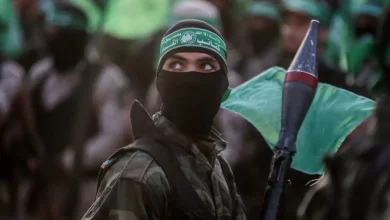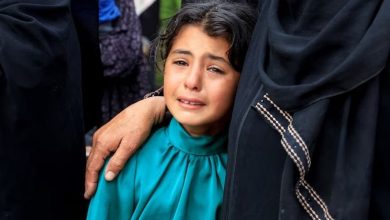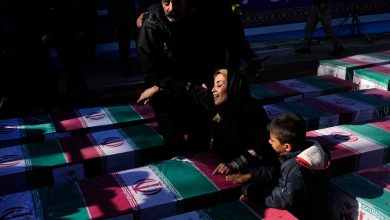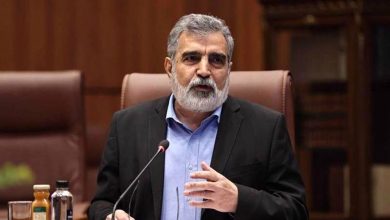Zionist strikes result in the deaths of over 30 individuals in Lebanon’s capital amid ongoing violence
Zionist military activities in Lebanon have escalated significantly, resulting in the deaths of at least 31 civilians in the past 24 hours. This development occurs as international actors continue to push for a ceasefire agreement.
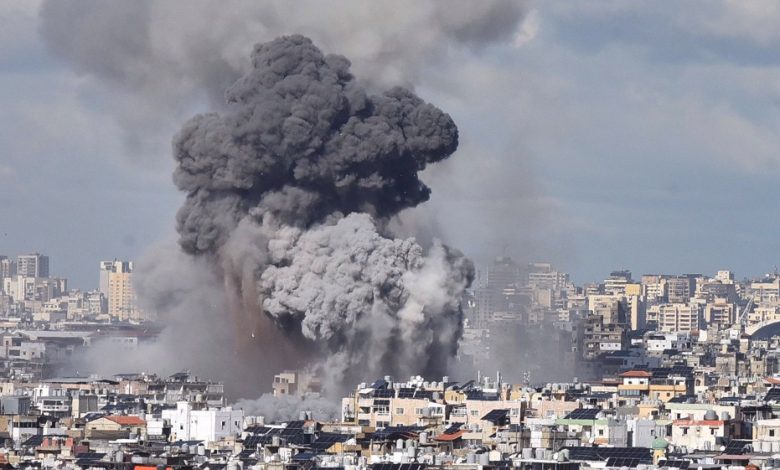
The Health Ministry reported that Israeli strikes on Monday resulted in injuries to 62 individuals nationwide.
On Tuesday morning, the Israeli military conducted strikes on the regions of Tayr Harfa and Chamaa, as video evidence captured columns of smoke billowing over the southern suburbs of Beirut.
Furthermore, Israeli forces have issued mandatory displacement orders for several neighborhoods in southern Beirut, which are reportedly earmarked for imminent targeting. Residents in the vicinity have been instructed to evacuate without delay.
In a series of posts on the social media platform X, Avichay Adraee, the spokesperson for Israel in the Arabic language, released a map identifying multiple structures in the neighborhoods of Borj El Brajneh and Tahouitet al-Ghadir in southern Beirut. These buildings were marked as potential targets.
Over the weekend, Israeli airstrikes resulted in the deaths of at least 29 civilians in central Beirut, with several dozen additional fatalities reported in other Lebanese cities. This escalation has heightened concerns regarding the growing impact on civilian populations in the region.
In a significant escalation of hostilities, Hezbollah launched one of its most extensive rocket assaults yet, discharging roughly 250 rockets into northern territories occupied by Israel, following Israel’s aerial bombardment.
Hezbollah has described the recent barrage of attacks as a response to Israeli airstrikes, heightening concerns about the escalating tensions in the region.
As of October 8, 2023, Israeli assaults on Lebanon have resulted in a death toll of 3,768 and injuries to 15,699 individuals, as reported by Lebanon’s Ministry of Public Health.
The escalation in violence coincides with reports indicating that the Israeli government is on the verge of approving a 60-day ceasefire agreement with Lebanon.
John Kirby, spokesperson for the United States National Security Council, announced that discussions are advancing but have not yet been concluded. He remarked, “We believe we have reached a point where we are close.”
Diplomatic efforts are currently concentrated on re-establishing a ceasefire in line with United Nations Security Council Resolution 1701, which successfully brought an end to the significant conflict between Hezbollah and Israel in 2006.
According to the draft ceasefire agreement, there is a proposed 60-day transition period wherein the Israeli military is set to withdraw from southern Lebanon. Concurrently, the Lebanese army would deploy in border-adjacent regions, while Hezbollah fighters are expected to relocate north of the Litani River.

